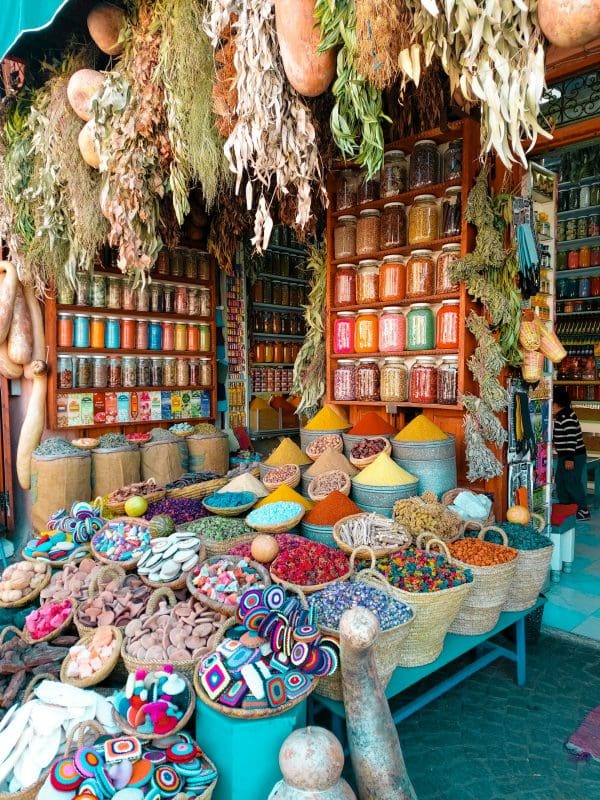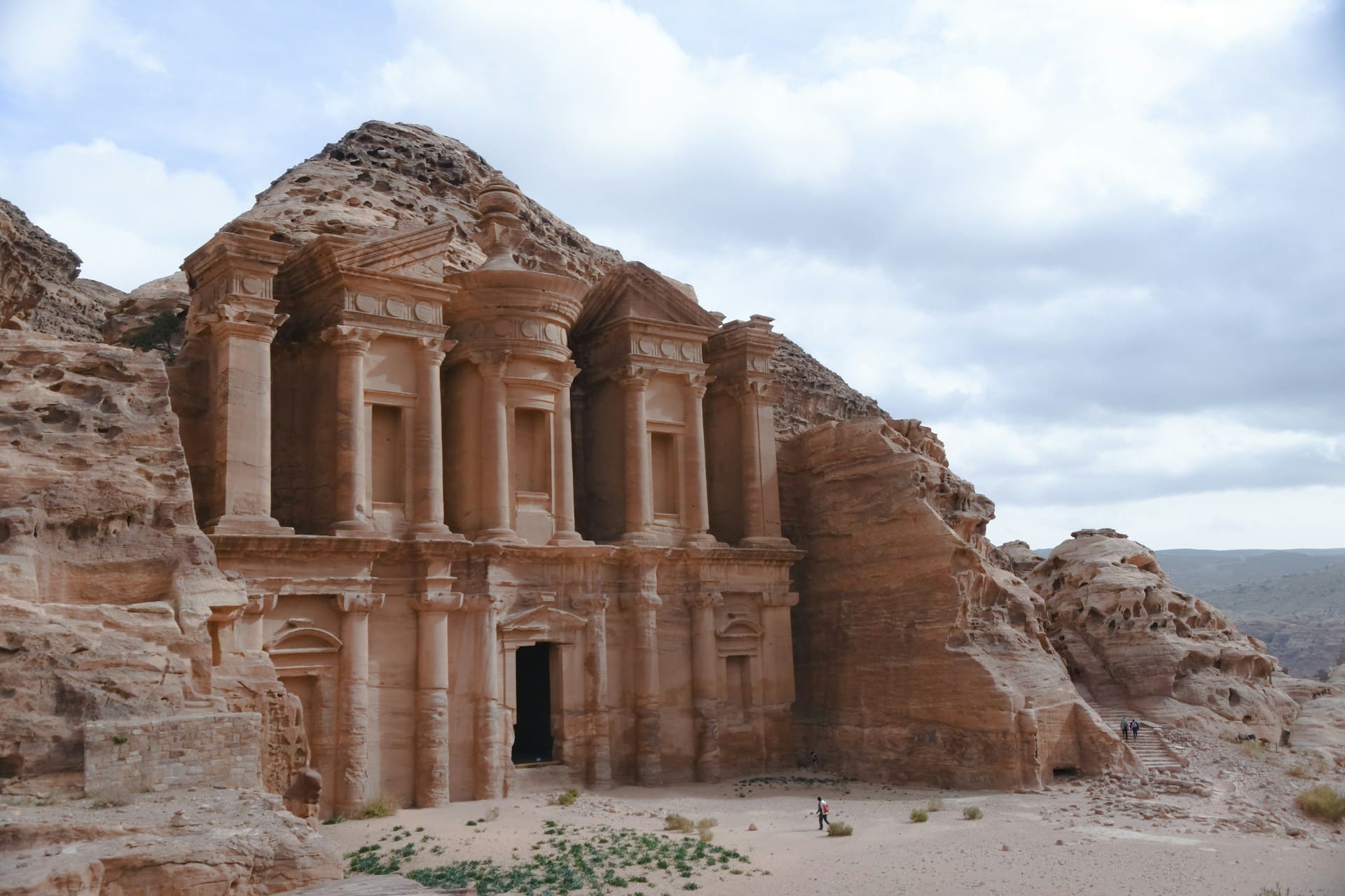Fighting takes a toll on bookings for some countries
The Middle East continues to draw interest from tourists, even with the Israel-Gaza war now in its second year and the violence spilling over into Lebanon, tour operators that sell the region report.
Fears about a spreading conflict have long been appearing in newspapers but several companies that send people to the region says that while Israel is not drawing interest at this time, other countries continue to welcome visitors, although some report that they’re seeing reduced interest in countries immediately next to the fighting.
“At present we have paused our operations to destinations where there is conflict occurring,” says NARAT’s Renata Snidr. “The decision was made in connection with our policies of prioritizing and ensuring the safety of participants on NARAT tours at all times. We have had a noticeable reduction in tour reservations for destinations within the conflict’s immediate vicinity, led by consumer sentiment and perceptions, rather than any existing situation on the ground at these destinations.


“In keeping with NARAT safety protocols, we avoid conducting tours in areas that may pose a risk to tour participants, and have robust emergency procedures developed with our local partners that address any escalations in the conflict, should it expand to neighbouring countries which we operate in. We are in the process of assembling education modules produced for our agency partners that communicate the safety of our tours in the region, and aim to contradict nonfactual perceptions.”
Snidr says NARAT tours of the Gulf Region are operating normally. She says the length of the fighting has caught observers off guard.
“The extended duration of the conflict was not expected and it is unbearable to witness, considering the exceptional tourism opportunity for the countries, being diminished,” she continues. “The region, a living museum, possesses some of the greatest historical attractions in the world connected with human civilization.
“Countries such as Egypt, however, have been increasing their tourism numbers during this period, buoyed by European travellers, specifically stalwart markets such as Germany. Canadians, I find, tend to be more conservative with Middle East travel, especially where leisure travel is concerned. This part of the world is a more disconnected and a less easily accessible travel region, lending itself to foster considerable unknowns preoccupying travel consumers.”

Sally Mikhail of GMTours reports that that company continues to take bookings for Egypt, Jordan, the United Arab Emirates, Oman and North Africa but has suspended its Israel program.
Mikhail says she remains optimistic that the region will become peaceful and is keeping her fingers crossed that will happen sooner than later.
Christian Wolters of Intrepid Travel says North Africa’s Morocco continues to be a favourite, ranking among the company’s top five destinations. Turkey has also seen a significant boost, with a “27% increase in bookings this September compared to last,” he adds.
But Wolters states that It’s undeniable the conflict has impacted certain areas, with Intrepid having halted all travel to Israel and the Palestinian territories. It’s also seen a “notable decline of 60%” in bookings for Egypt and Jordan over the past year.
“The halting of travel to Palestine and Israel and with travellers avoiding Egypt, people are actively looking for alternatives,” Wolters says. “We’re seeing a surge in bookings for Tunisia, while our Saudi Arabia expedition — launched just in April — has quickly become a top seller, especially among solo female travellers from the US and Canada.
“Travel can unite people across the globe. It can break down preconceived ideas, open a traveller’s heart, and financially support communities ready for tourism dollars. We’re not giving up on the Middle East, quite the contrary.
“That said, safety and security are our top priorities. Part of what makes Intrepid such a strong option for travellers is our incredible network of DMCs, local tour leaders, and decades of experience on the ground. We can respond in real time. If there’s ever any risk at all to our travellers or guides, we’re fully prepared to cancel trips.”

Meanwhile, Wolters says while the violence that is scaring some tourists away from the region is upsetting, Intrepid has faith in that part of the world.
“Our recent launch of our DMC in Jordan is a testament to our confidence in its tourism potential, even during these tough times,” he says. “We believe that once stability returns, tourism will bounce back, as these countries offer incredible experiences that travellers are eager to discover.
“While the ongoing conflict is certainly concerning, we’re staying optimistic. The Middle East was already positioned to lead the way in post-pandemic travel recovery, and we still see strong potential there.”

















